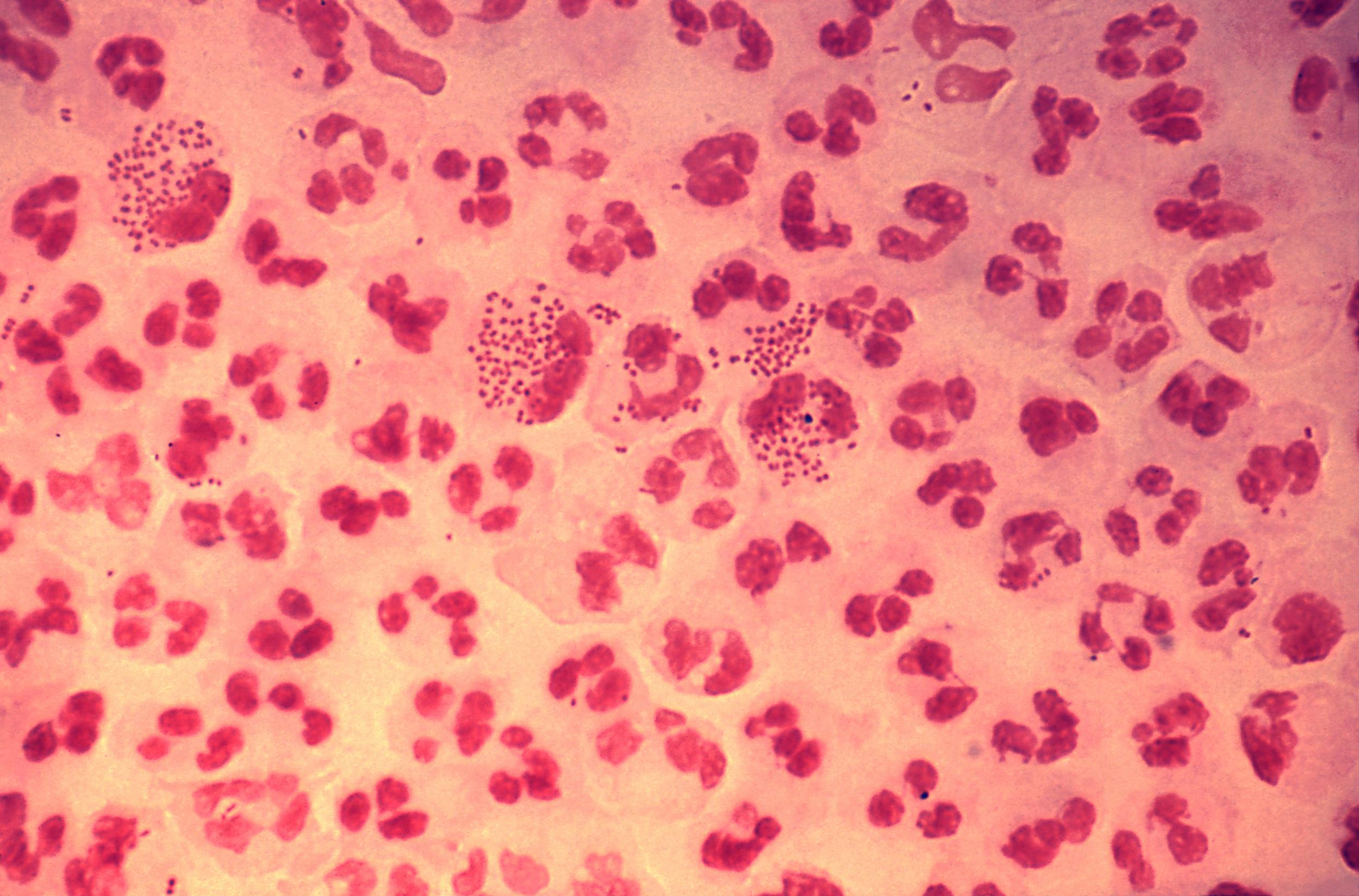Oral sex is leading to a rise in untreatable super-gonorrhoea
Scientists warn of a 'very serious situation' with STD that can infect the genitals, rectum and throat

Your support helps us to tell the story
From reproductive rights to climate change to Big Tech, The Independent is on the ground when the story is developing. Whether it's investigating the financials of Elon Musk's pro-Trump PAC or producing our latest documentary, 'The A Word', which shines a light on the American women fighting for reproductive rights, we know how important it is to parse out the facts from the messaging.
At such a critical moment in US history, we need reporters on the ground. Your donation allows us to keep sending journalists to speak to both sides of the story.
The Independent is trusted by Americans across the entire political spectrum. And unlike many other quality news outlets, we choose not to lock Americans out of our reporting and analysis with paywalls. We believe quality journalism should be available to everyone, paid for by those who can afford it.
Your support makes all the difference.At least three people worldwide are infected with totally untreatable "superbug" strains of gonorrhoea which they are likely to be spreading to others through sex, the World Health Organisation (WHO) said on Friday.
Oral sex and a decline in condom use are reportedly behind the spread.
Giving details of studies showing a "very serious situation" with regard to highly drug-resistant forms of the sexually-transmitted disease (STD), WHO experts said it was "only a matter of time" before last-resort gonorrhoea antibiotics would be of no use.
"Gonorrhoea is a very smart bug," said Teodora Wi, a human reproduction specialist at the Geneva-based UN health agency.
"Every time you introduce a new type of antibiotic to treat it, this bug develops resistance to it."
The WHO estimates 78 million people a year get gonorrhoea, an STD that can infect the genitals, rectum and throat.
The infection, which in many cases has no symptoms on its own, can lead to pelvic inflammatory disease, ectopic pregnancy and infertility, as well as increasing the risk of getting HIV.
Wi, who gave details in a telephone briefing of two studies on gonorrhoea published in the journal PLOS Medicine, said one had documented three specific cases - one each in Japan, France and Spain - of patients with strains of gonorrhoea against which no known antibiotic is effective.
"These are cases that can infect others. It can be transmitted," she told reporters. "And these cases may just be the tip of the iceberg, since systems to diagnose and report untreatable infections are lacking in lower-income countries where gonorrhoea is actually more common."
The WHO's programme for monitoring trends in drug-resistant gonorrhoea found in a study that from 2009 to 2014 there was widespread resistance to the first-line medicine ciprofloxacin, increasing resistance to another antibiotic drugs called azithromycin, and the emergence of resistance to last-resort treatments known as extended-spectrum cephalosporins (ESCs).
In most countries, it said, ESCs are now the only single antibiotics that remain effective for treating gonorrhoea. Yet resistance to them has already been reported in 50 countries.
Manica Balasegaram, director of the Global Antibiotic Research and Development Partnership, said the situation was "grim" and there was a "pressing need" for new medicines.
The pipeline, however, is very thin, with only three potential new gonorrhoea drugs in development and no guarantee any will prove effective in final-stage trials, he said.
"We urgently need to seize the opportunities we have with existing drugs and candidates in the pipeline," he told reporters. "Any new treatment developed should be accessible to everyone who needs it, while ensuring it is used appropriately, so that drug resistance is slowed as much as possible."
Reuters
Join our commenting forum
Join thought-provoking conversations, follow other Independent readers and see their replies
Comments